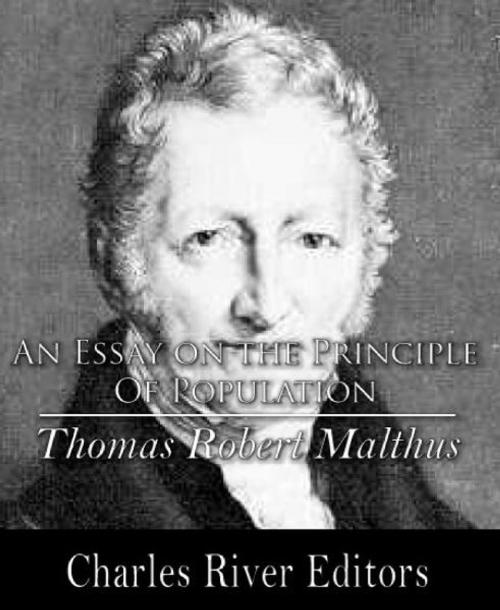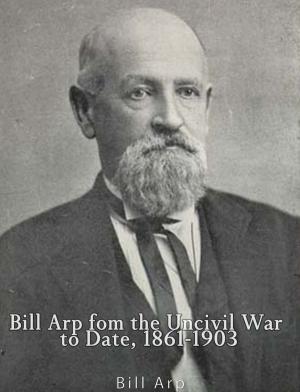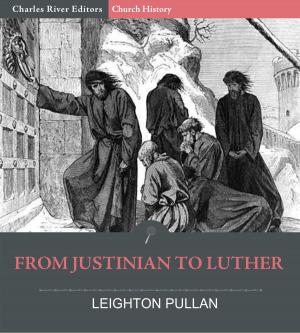An Essay on the Principle of Population
Nonfiction, Social & Cultural Studies, Political Science, Government, Democracy, Politics, History & Theory| Author: | Thomas Malthus | ISBN: | 9781619825154 |
| Publisher: | Charles River Editors | Publication: | February 13, 2012 |
| Imprint: | Language: | English |
| Author: | Thomas Malthus |
| ISBN: | 9781619825154 |
| Publisher: | Charles River Editors |
| Publication: | February 13, 2012 |
| Imprint: | |
| Language: | English |
The Reverend Thomas Robert Malthus (14 February 1766 29 December 1834) was an English scholar who became influential in the previously unrecognized fields of political economics and demography, and he even popularized the economic theory of rent. Among his writings, Malthus became widely known for his theories concerning demographics, notably how populations increase or decrease in response to various factors. The six editions of his An Essay on the Principle of Population, published from 1798 to 1826, observed that sooner or later population gets checked by famine and disease, although science continues to battle those afflictions at the same time. In particular, Malthus wrote in opposition to the popular view in 18th-century Europe that society was improving and in principle was perfectible. This put him at odds with several intellectuals, including Jean-Jacques Rousseau, whose notions centered on the goodness of man and the liberty of citizens bound only by the social contracta form of popular sovereignty. Malthus thought that the dangers of population growth would preclude endless progress towards a utopian society, the crux of An Essay on the Principle of Population. This edition of Malthus work is specially formatted with a Table of Contents.
The Reverend Thomas Robert Malthus (14 February 1766 29 December 1834) was an English scholar who became influential in the previously unrecognized fields of political economics and demography, and he even popularized the economic theory of rent. Among his writings, Malthus became widely known for his theories concerning demographics, notably how populations increase or decrease in response to various factors. The six editions of his An Essay on the Principle of Population, published from 1798 to 1826, observed that sooner or later population gets checked by famine and disease, although science continues to battle those afflictions at the same time. In particular, Malthus wrote in opposition to the popular view in 18th-century Europe that society was improving and in principle was perfectible. This put him at odds with several intellectuals, including Jean-Jacques Rousseau, whose notions centered on the goodness of man and the liberty of citizens bound only by the social contracta form of popular sovereignty. Malthus thought that the dangers of population growth would preclude endless progress towards a utopian society, the crux of An Essay on the Principle of Population. This edition of Malthus work is specially formatted with a Table of Contents.















